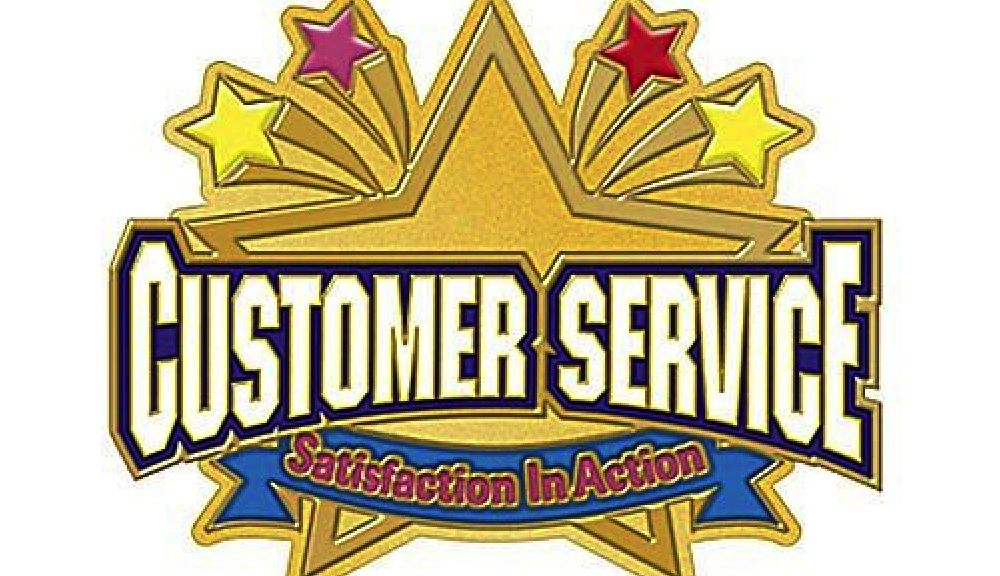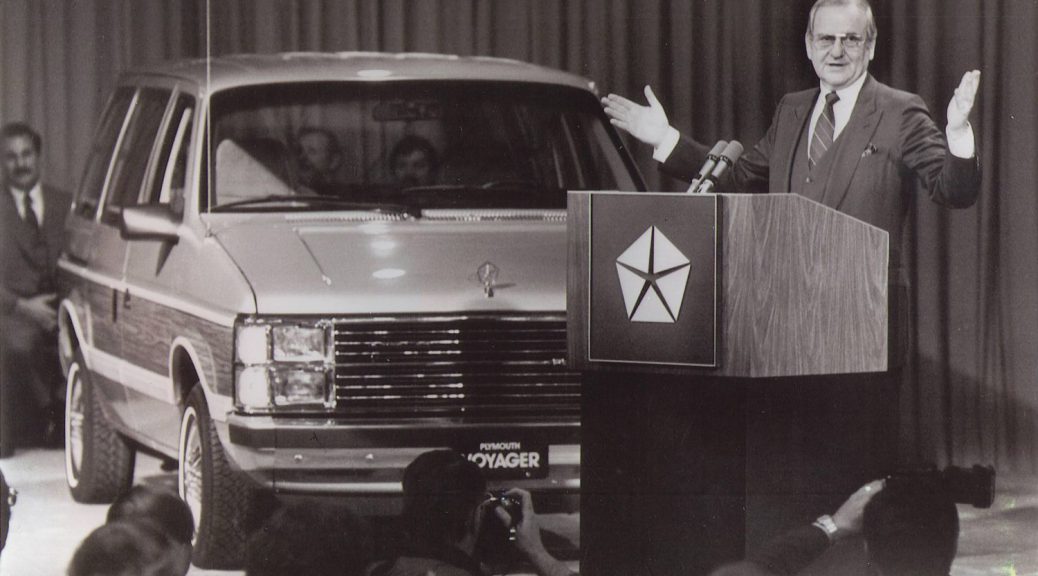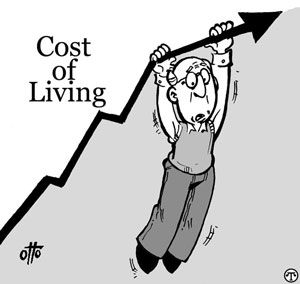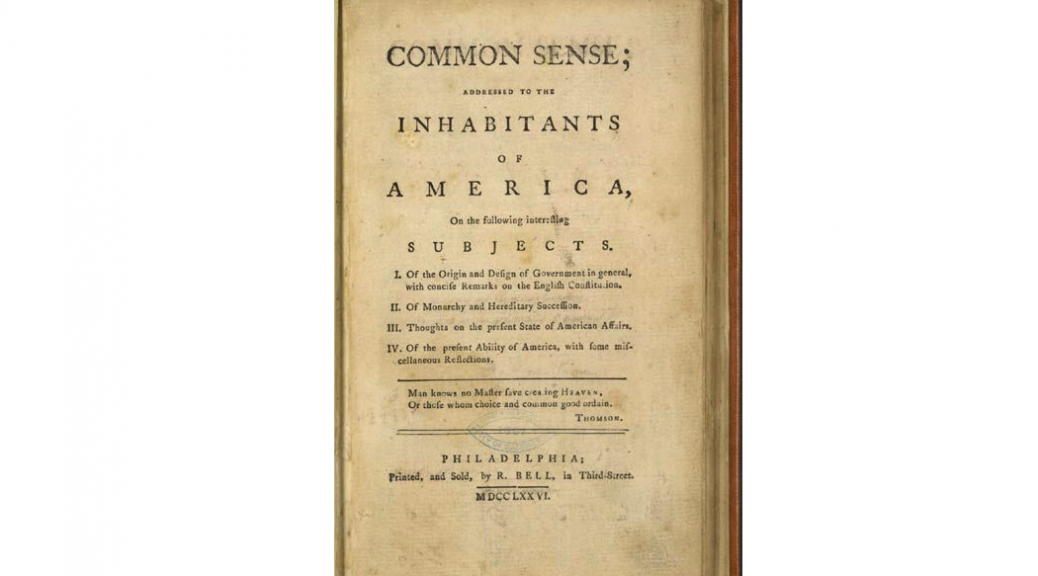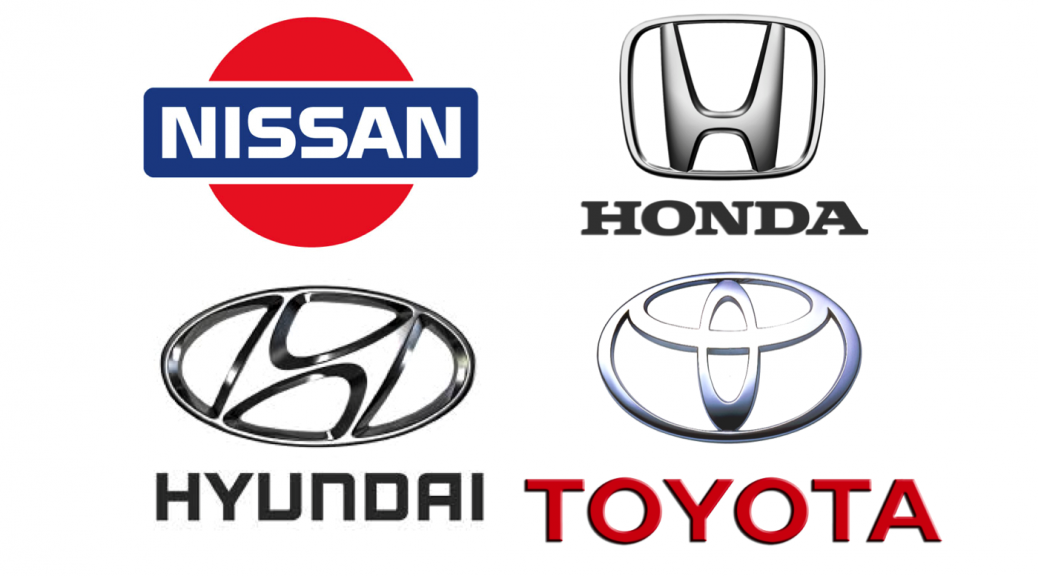 Chrysler had big suppliers knocking on their door with accounts payable at $800 million per month. Chrysler couldn’t just say that they would be slow to pay their suppliers but they had to say they wanted more spend per month. If this starts to come undone, the suppliers get nervous and act in their own interests, which is a problem. The solution is to always keep suppliers happy.
Chrysler had big suppliers knocking on their door with accounts payable at $800 million per month. Chrysler couldn’t just say that they would be slow to pay their suppliers but they had to say they wanted more spend per month. If this starts to come undone, the suppliers get nervous and act in their own interests, which is a problem. The solution is to always keep suppliers happy.
Tag Archives: Mustang
Lee Iacocca: Directly Pitch The Customer to Enhance Credibility
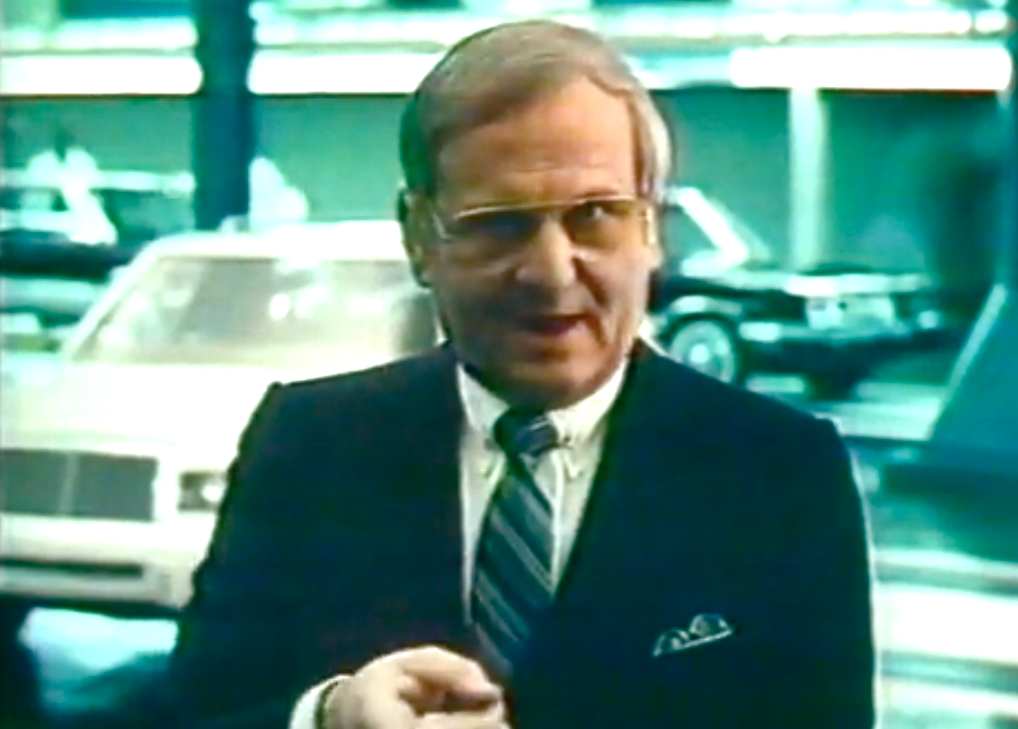 By the mid 1980s, Chrysler was in a strong position thanks in part to the build up of credibility that Iacocca had earned through his leadership. It also helps if you appear in TV commercials to get your message out. Iacocca did not want to do the ads at first because it would be time consuming. The logic of wheeling out the CEO was that a) Iacocca was well known, b) after you make the commercial, customers know you have to go back to work to improve the cars you just mentioned on air.
By the mid 1980s, Chrysler was in a strong position thanks in part to the build up of credibility that Iacocca had earned through his leadership. It also helps if you appear in TV commercials to get your message out. Iacocca did not want to do the ads at first because it would be time consuming. The logic of wheeling out the CEO was that a) Iacocca was well known, b) after you make the commercial, customers know you have to go back to work to improve the cars you just mentioned on air.
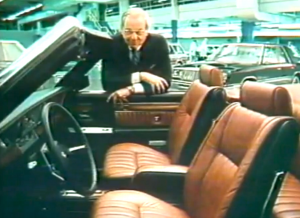 The best lines from the ads were: “If you can find a better car – buy it!” When the 1981 commercial came out, people thought that Iacocca was running for president because he was talking about Made in America, and the better days were ahead of us. Iacocca became a major celebrity and would be routinely stopped in the streets. Fame is fleeting for Iacocca. He spent a lot of time denying that he wanted to be president of the United States of America. Across the US, the television set was on an average of 42.7 hours per week. So committing to advertise on TV made huge sense for Chrysler.
The best lines from the ads were: “If you can find a better car – buy it!” When the 1981 commercial came out, people thought that Iacocca was running for president because he was talking about Made in America, and the better days were ahead of us. Iacocca became a major celebrity and would be routinely stopped in the streets. Fame is fleeting for Iacocca. He spent a lot of time denying that he wanted to be president of the United States of America. Across the US, the television set was on an average of 42.7 hours per week. So committing to advertise on TV made huge sense for Chrysler.
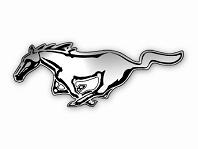 This is a synopsis & analysis based on Iacocca: An Autobiography and other miscellaneous research sources. Enjoy.
This is a synopsis & analysis based on Iacocca: An Autobiography and other miscellaneous research sources. Enjoy.
Lee Iacocca: Avoid Short-Termism & Expensive Labour Costs
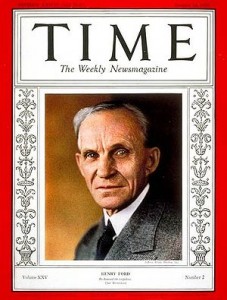 In 1970, GM employees went on strike for 67 days in the US and 95 days in Canada, the 400,000 workers lost $760 million in wages,and GM failed to produce 1.5 million vehicles resulting in a loss of $5 billion in profits. When Chrysler had a 104-day strike in 1950, Ford was able to overtake Chrysler. Strikes were devastating. In 1914, Henry Ford famously paid his workers $5.00 in order to create a middle class that could afford his automobiles. Today, the issue between United Auto Workers and management is not wages but fringe benefits. According to Lee Iacocca, the fault lies with management at Ford, GM and Chrysler who focused on expediency, profits for the next quarter and earning large bonuses for themselves instead of worrying about the long-term impacts of unsustainable benefits for union workers. Regularly, when the UAW threatened to strike, they played management hard and convinced them to accept their demands for better benefits so that short-term management goals could still be maintained.
In 1970, GM employees went on strike for 67 days in the US and 95 days in Canada, the 400,000 workers lost $760 million in wages,and GM failed to produce 1.5 million vehicles resulting in a loss of $5 billion in profits. When Chrysler had a 104-day strike in 1950, Ford was able to overtake Chrysler. Strikes were devastating. In 1914, Henry Ford famously paid his workers $5.00 in order to create a middle class that could afford his automobiles. Today, the issue between United Auto Workers and management is not wages but fringe benefits. According to Lee Iacocca, the fault lies with management at Ford, GM and Chrysler who focused on expediency, profits for the next quarter and earning large bonuses for themselves instead of worrying about the long-term impacts of unsustainable benefits for union workers. Regularly, when the UAW threatened to strike, they played management hard and convinced them to accept their demands for better benefits so that short-term management goals could still be maintained.
Management gave in on three areas that has effected the US auto-industry deeply. They gave in because they were focused on the short-term rather than the long-term objectives…
- The Cost-Of-Living Allowance (http://en.wikipedia.org/wiki/Cost_of_living): COLA causes run-away inflation since millions of autoworkers and regular Americans benefit from it because it pins the worker’s salary to the Consumer Price Index. Ironically, it was Charlie Wilson of GM’s idea in response to inflation when government lifted price controls in 1946. When the US was booming in the 1950s and 1960s the COLA was not an issue BUT when inflation soared as productivity declined the real problem was revealed.
 Thirty And Out: early retirement takes away qualified specialists and then leave the Big 3 to pay their $800 per month pensions (1984 numbers) while they sit at home being unproductive. In reality, the retired guy would work as a cab driver illegally on the side. This results in the best electricians ending up driving cabs. The policy was an UAW driven idea to make way for younger people to take on new jobs but the reality was people live longer than thirty years these days.
Thirty And Out: early retirement takes away qualified specialists and then leave the Big 3 to pay their $800 per month pensions (1984 numbers) while they sit at home being unproductive. In reality, the retired guy would work as a cab driver illegally on the side. This results in the best electricians ending up driving cabs. The policy was an UAW driven idea to make way for younger people to take on new jobs but the reality was people live longer than thirty years these days. Medical Benefits: the Big 3 pay $3 billion per year for hospitals, medical, surgical and dental insurance. This cost means $600 per car sold at Chrysler per year. Iacocca believes that there is immense abuse of the system where a podiatrist had charged Chrysler workers a total of $400,000 a year. There were over 240,000 blood tests done for only 60,000 employees.
Medical Benefits: the Big 3 pay $3 billion per year for hospitals, medical, surgical and dental insurance. This cost means $600 per car sold at Chrysler per year. Iacocca believes that there is immense abuse of the system where a podiatrist had charged Chrysler workers a total of $400,000 a year. There were over 240,000 blood tests done for only 60,000 employees.
For Iacocca, reforming and clawing back on union power and management weakness is imperative for the future of the US auto-industry. UAW never fought automation because it was a way to be more productive.
 This is a synopsis & analysis based on Iacocca: An Autobiography and other miscellaneous research sources. Enjoy.
This is a synopsis & analysis based on Iacocca: An Autobiography and other miscellaneous research sources. Enjoy.
Lee Iacocca: Basic Management Tips
- Play dumb when you have to: In December of 1960, McNamara pressured Henry Ford to promote Iacocca to head of the Ford Division, Lee was told to play it cool when being taken to Henry Ford’s office and when offered the position. The reason was that Ford II wanted to make the offer as though it was his own decision and surprise Iacocca.
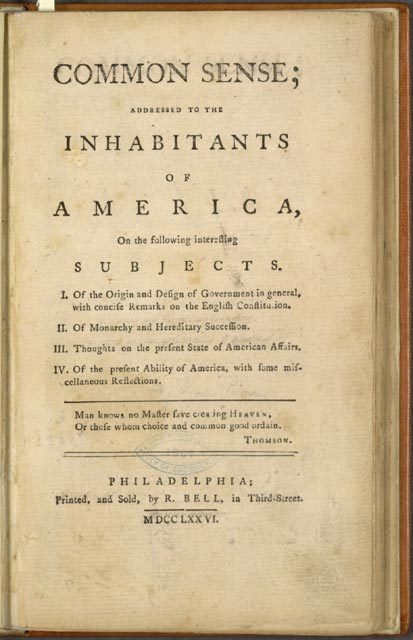 Use common sense and experience in management: Iacocca relays this message about common sense that he picked up from Charlie Beacham (top sales guru) from Iacocca’s Chester, Pennsylvania days; “if you can’t tell the difference between a scope of horse crap and vanilla ice cream then there is no hope for you.” Common sense is something you have to be born with. Logical reasoning is a kind of common sense.
Use common sense and experience in management: Iacocca relays this message about common sense that he picked up from Charlie Beacham (top sales guru) from Iacocca’s Chester, Pennsylvania days; “if you can’t tell the difference between a scope of horse crap and vanilla ice cream then there is no hope for you.” Common sense is something you have to be born with. Logical reasoning is a kind of common sense.
- Be decisive as a manager: To act is the one key. The most important decision in a company is made by individuals and not by committees. Decisions by committee take dialogue, which is not what you need when you are trying to shoot a moving object like a duck, according to Iacocca. You need to look at the facts as far as you are able to outline them and make decisions accordingly. Too many MBAs will wait until they have 100% of the facts. The problem is that too much education leads managers to over analyze their courses of action. For Iacocca, timing is everything, getting the right decision at the right time is the difference between success and failure.
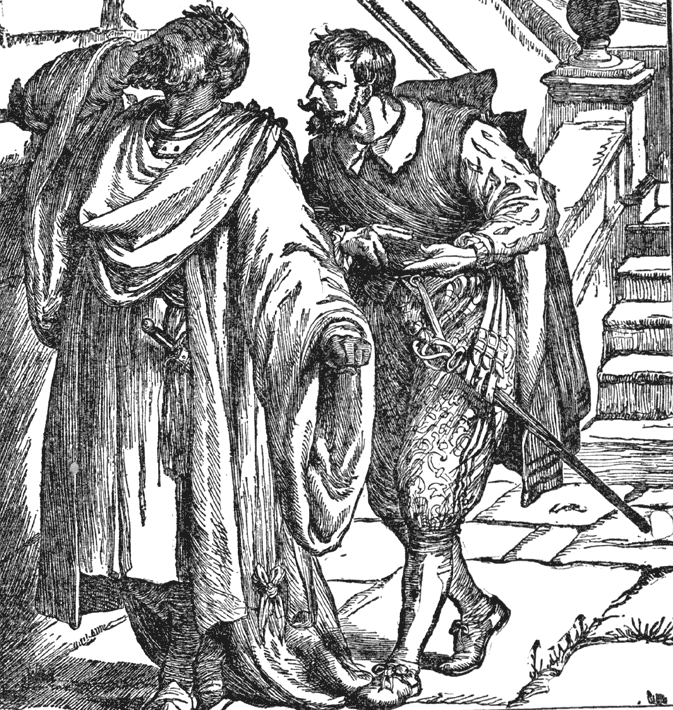 A leader takes a leap of faith: 1) even the right decision is wrong if it’s too late; 2) there is no such thing as certainty so stop trying to create it; 3) don’t be the little boy with the big dog that leads the boy wherever he wants.
A leader takes a leap of faith: 1) even the right decision is wrong if it’s too late; 2) there is no such thing as certainty so stop trying to create it; 3) don’t be the little boy with the big dog that leads the boy wherever he wants.- Always be careful of those who may be jealous of your success: Iacocca had no real credentials when he was made head of the Ford Division. He was an ideas guy not a product guy, you need to have a major success in order to prove your worth, hence Iacocca spearheaded the development of the Mustang…
 This is a synopsis & analysis based on Iacocca: An Autobiography and other miscellaneous research sources. Enjoy.
This is a synopsis & analysis based on Iacocca: An Autobiography and other miscellaneous research sources. Enjoy.
Lee Iacocca: The Japanese Obsession and Protecting Your Industrial Base
 US states are being played off of one another in a competition for Japanese auto factories in the US. Iacocca believed in 1984 that the Japanese were outcompeting the US because of the close ties between management and government officials in Japan. Like China today, Japan according to Iacocca in 1984 was manipulating the yen by pegging it to the US dollar.
US states are being played off of one another in a competition for Japanese auto factories in the US. Iacocca believed in 1984 that the Japanese were outcompeting the US because of the close ties between management and government officials in Japan. Like China today, Japan according to Iacocca in 1984 was manipulating the yen by pegging it to the US dollar.
In 1984, Iacocca believed that the US was a free trade bastion and Japan had many restrictions for US trade. Japanese car prices fluctuate based on where they are being sold around the world for example in Paris a car would sell at $10,500, San Francisco at $7,200 and $9,000 in Frankfurt, there was no free trade policy in Japan in the 1980s. Iacocca advocates for economic nationalism and protectionism by restricting the number of Japanese cars sold in the US market (with the benefit going to Chrysler, of course). Iacocca believes in dependency theory when he asks: “Question: What do you call a country that exports raw materials and imports finished goods? Answer: A colony.”

